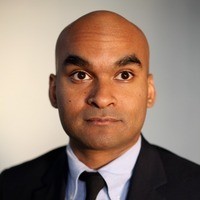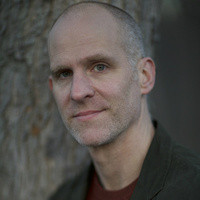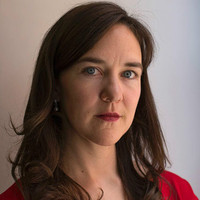Wil S. Hylton, a contributing writer for The New York Times Magazine, is the author of Vanished.
"I despise the fucking nut graf. I think it's a joke, a cop out. The story probably should be about something larger than itself but if you have to tell people what that is, you've failed from the beginning. If they can't find it, you didn't put it there and you shouldn't be beating them over the head with it."
Thanks to TinyLetter and The Fog Horn for sponsoring this week's episode, and to the Writing Department at the University of Pittsburgh for hosting.














